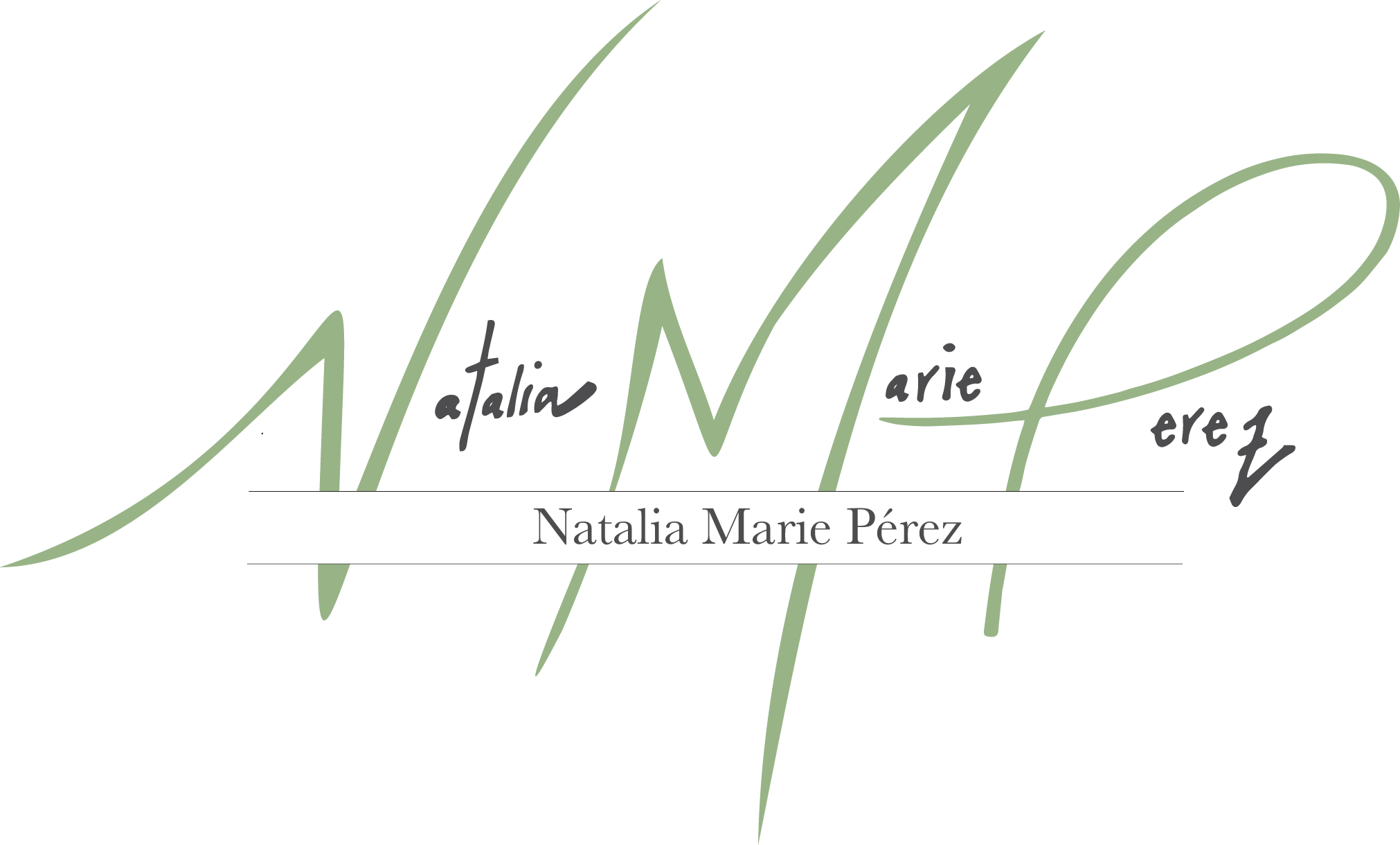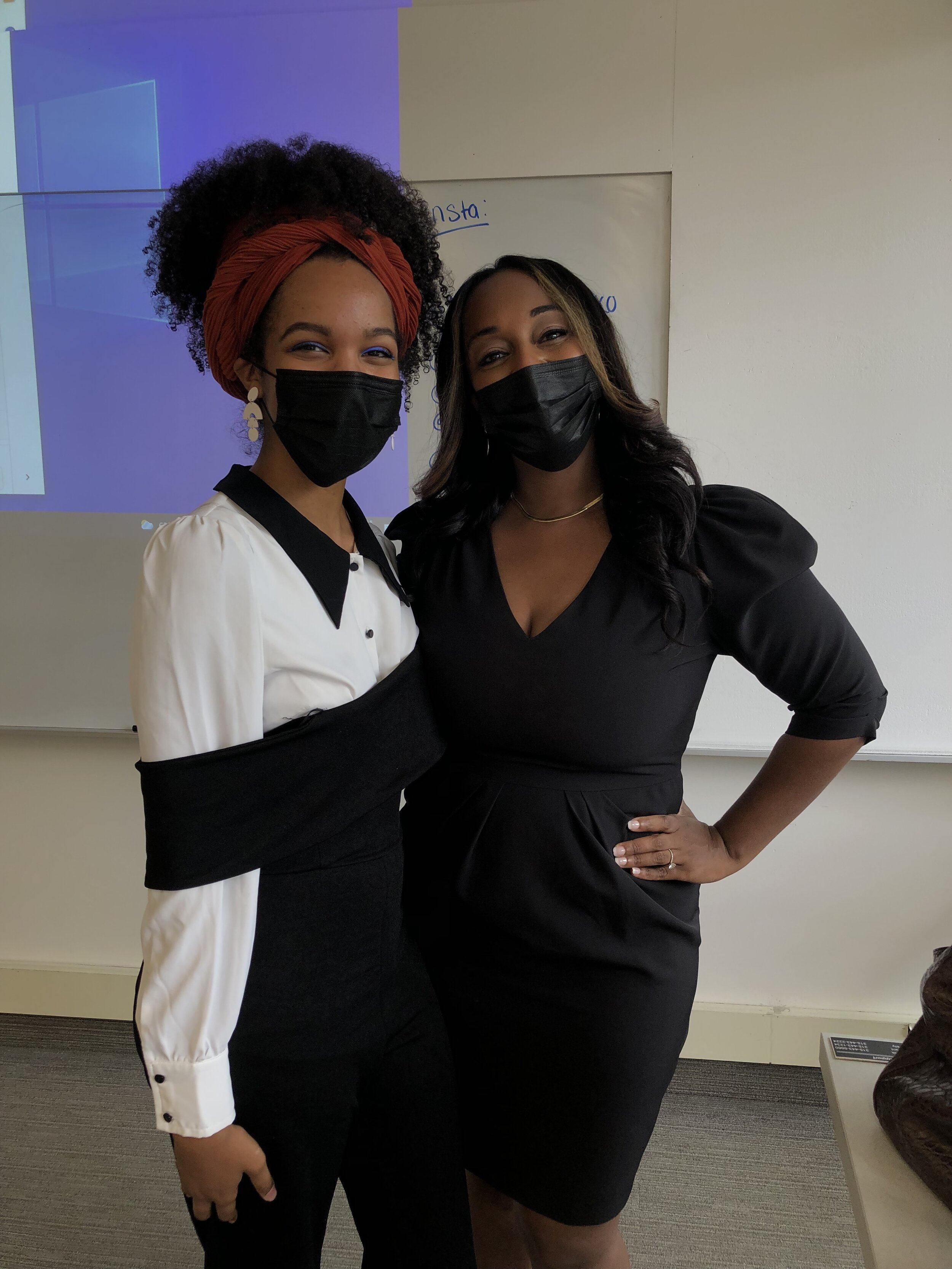Lessons From Natasha Alford, The People’s Journalist
Ever since I decided that speaking on Afro-Latinx identity was one of my big passions, I’ve looked up to Natasha Alford. Amazingly for me (and every other Newhouse student), Newhouse hosted Alford as our “Journalist in Residence” this past week, and she led out workshops and lectures, and hosted us for mentor lunches and office hours.
A CNN Political Analyst and VP of Digital Content at TheGrio, Alford shared her stories with the confident ease of a seasoned journalist, and invited us to glean from her experience and advice.
Meeting her one-on-one was exceptionally valuable, but here are a few of my favorite things I learned from her lectures and workshops:
1) We don’t need to work for the biggest names in media to have an impactful platform. She told us how working at TheGrio has allowed for so many opportunities, including winning a grant from the Pulitzer Center on Crisis Reporting to document the political and social realities of Afro-Puerto Ricans post-Hurricane Maria. In 2020, she created a documentary out of the stories she’d gathered, resulting in the visual project “Afro-Latinx Revolution", available to watch on Amazon and Youtube!
2) Treat life like a course you get to make the syllabus for. She told us this during her lecture and repeated it to me during our one-on-one time. There isn’t a specific pathway or set of rules to getting where we want to go, and every journalist has a distinct background and story. She emphasized to focus on creating a life that is rich, and urged us to live it to the fullest because it’ll make us better writers. If we try something and fail, at least we’ve got a story out of it.
3) Journalists benefit—both personally and business-wise—from having a strong personal brand. Having solid branding makes us marketable to employers and gives us leverage—they’re not just hiring us for our skills, but for the audience we’ve cultivated. Having a set brand also gives us a focus and specialty, and recruiters (and in my case, editors) will gravitate to us for the type of work we put out. And most importantly, building a brand on social media means we get to introduce ourselves to the world on our own terms.
4) Amplify each other! Our classmates are our most important network right now, and we need to uplift and amplify each other’s work and endeavors. At Alford’s “Personal Branding for Journalists” workshop, she encouraged us to follow each other on social media, repost, retweet, and celebrate each other’s work.
5) Self-care must be a priority. Alford shared that she has a built-in hour of therapy in her schedule, and how high-performers often get overlooked on mental health struggles because they appear healthy and put together. We have to carve out space—especially when reporting on delicate, difficult stories—to check in with ourselves emotionally, establish healthy boundaries, and get help when needed.



